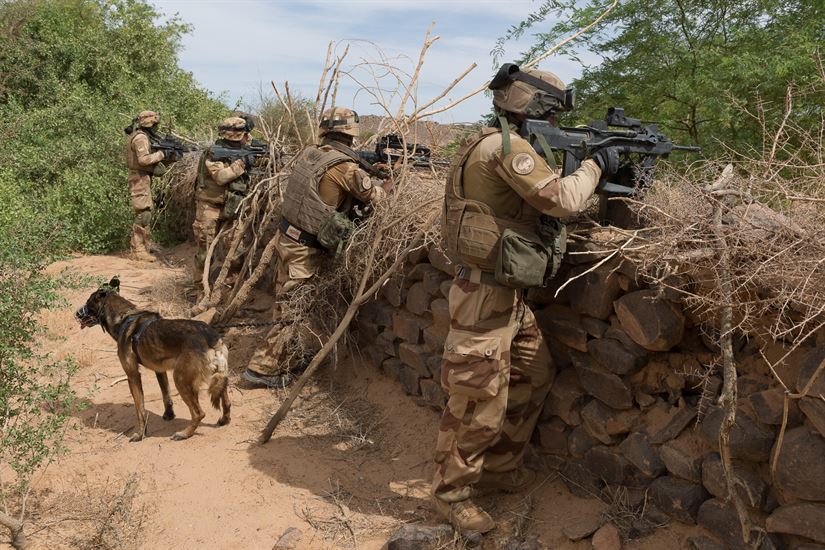The head of Mali’s military junta and the Russian leader were reported to have discussed on the phone security and economic relations between the two countries, just as a new report has highlighted the growing anti-French sentiments in French-speaking Africa that has spread beyond educated urban elites, arguing that the phenomenon could “take lasting root.
During the meeting between Colonel Assimi Gotta and Russian President Vladimir Putin, “at the initiative of the Malian side”, the two leaders paid “particular attention” to trade and economic relations, including the delivery of cereals, fertilizers and fuel by Russia to Mali, the Kremlin said in a press release. The head of Mali’s junta, according to the Kremlin, “thanked Vladimir Putin for the humanitarian aid provided, as well as for the help given to ensure security, neutralize the terrorist threat and stabilize the situation” in his country, which is poor and landlocked and has been plunged into a deep multiform crisis since 2012. “Very satisfied with my telephone conversation” with Putin, Goita said on Twitter. Since August 2020, Mali has been ruled by a military junta, which broke a long-standing alliance with France and other Western partners in the fight against jihadism and turned to Russia for political and military assistance.
This comes as Francophone Africa has increasingly scorned its former colonial master France, a political shift that at times has incited violence, and has been encouraged by Russian actors, according to a report by the French Institute for International Relations (Ifri) published Wednesday (14 June). The depth of the phenomenon has “nothing comparable to what we could see in previous decades”, underlines Alain Antil, a researcher at Ifri. The study entitled ‘Themes, Actors and Functions of Anti-French Discourse in French-Speaking Africa’ notes that the growing anti-French sentiment can be explained by “disappointing economic and political trajectories” in countries where the population had once founded the hope of economic progress and in terms of democracy. Moreover, the study also demonstrates “an articulation between (…) Russian propagandist war and certain segments of African social networks”. At the same time, these anti-French discourses were able to prosper because the French authorities themselves “were in a kind of denial” and were slow to react.



